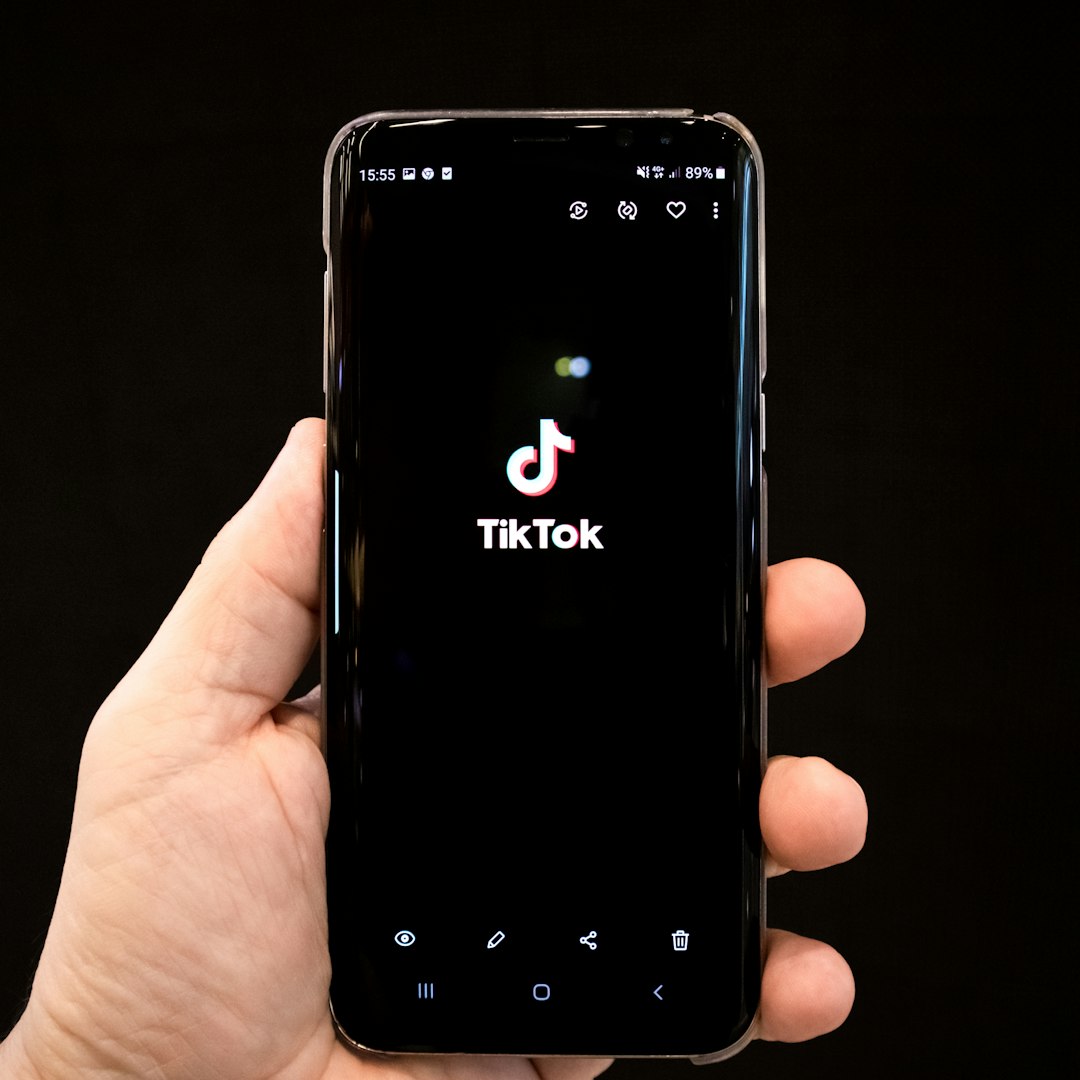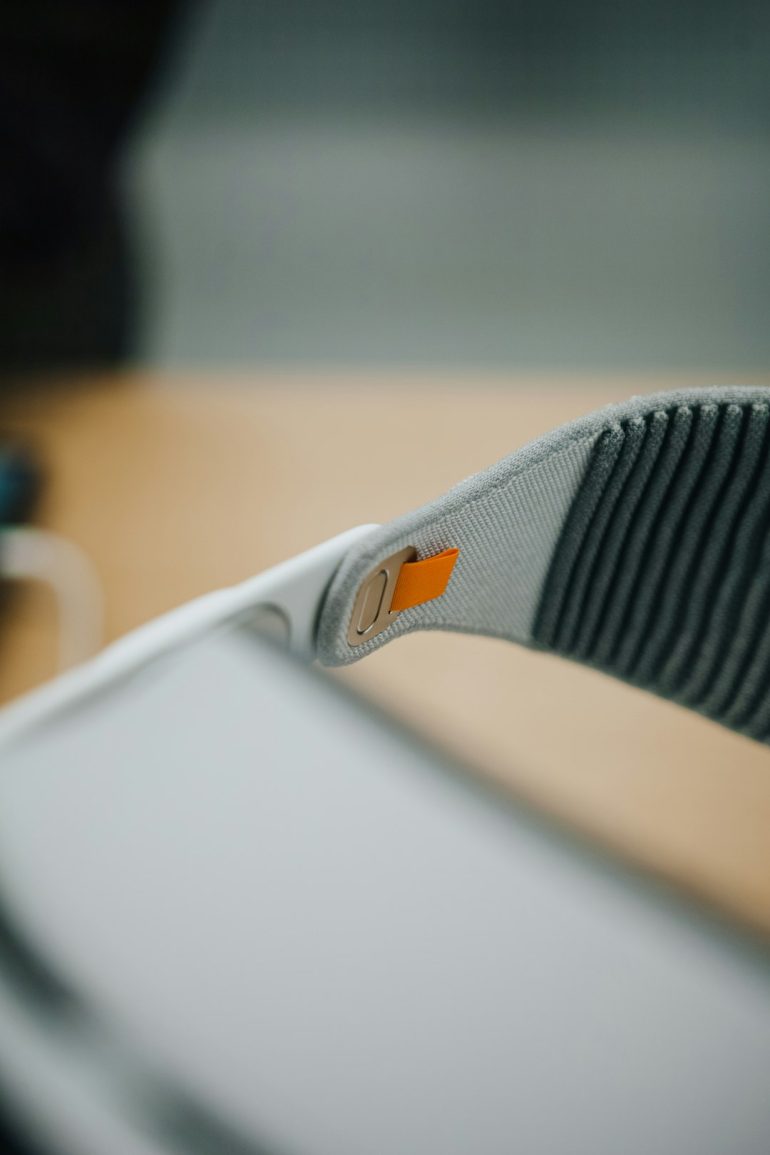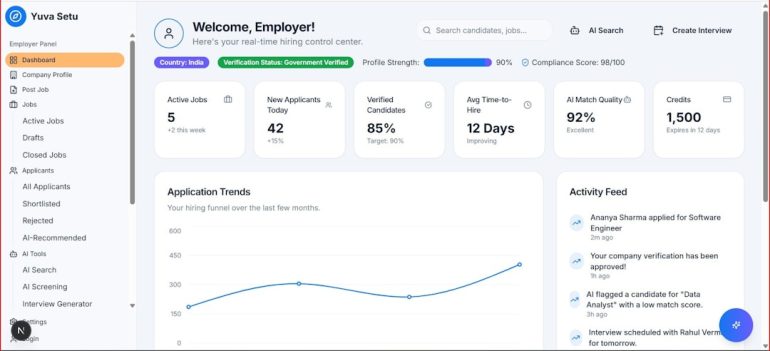What Crypto Wallet Should I Use? A Complete Guide for Beginners and Investors
Choosing the right cryptocurrency wallet can be a daunting task, especially for beginners or those just entering the world of decentralized finance and blockchain investing. Whether you’re looking to make your first Bitcoin purchase or expand your altcoin portfolio, selecting a crypto wallet involves understanding security options, usage preferences, and investment goals. This comprehensive guide breaks down everything you need to know to make the best choice for your needs—securely and confidently.
Understanding What a Crypto Wallet Is
Table of Contents
A cryptocurrency wallet is a software or hardware tool that allows users to store and manage their cryptocurrencies. Unlike traditional wallets that hold physical cash, a crypto wallet doesn’t actually “store” your coins—instead, it stores your private keys, which are essential for accessing your digital assets on the blockchain.
Crypto wallets fall into two broad categories:
- Hot Wallets – connected to the internet; easier to use for daily transactions
- Cold Wallets – offline wallets; offer increased security for long-term holders
Ultimately, the wallet you choose depends on how you plan to use your crypto—whether it’s trading, investing, holding, or spending.
Types of Crypto Wallets
1. Hot Wallets
Hot wallets are connected to the internet and are typically more convenient for everyday interactions. These include:
- Mobile wallets – smartphone apps for quick access and convenience (e.g., Trust Wallet, MetaMask)
- Desktop wallets – software installed on a PC or laptop (e.g., Electrum, Exodus)
- Web wallets – browser-based interfaces or exchange-hosted wallets (e.g., Coinbase, Binance)
While these wallets offer speed and accessibility, they are more vulnerable to hacking and malware because of their internet connectivity.

2. Cold Wallets
Cold wallets store private keys offline, greatly reducing the risk of cyber theft. These are suitable for investors and HODLers looking for maximum asset protection. Common cold wallets include:
- Hardware wallets – physical devices like USBs (e.g., Ledger Nano S, Trezor One)
- Paper wallets – physical printouts of your private keys and QR codes
Although cold wallets require more technical knowledge, they are the most secure method for storing large amounts of cryptocurrency for the long term.
Factors to Consider When Choosing a Crypto Wallet
Every user has unique needs depending on their level of experience, investment amount, and purpose for using crypto. Below are some key factors to consider:
1. Security
If you’re holding a large amount of assets or plan on accumulating wealth over time, look for wallets that prioritize security features such as PIN codes, 2FA (two-factor authentication), biometric scanning, and multi-signature functionality.
2. User-Friendliness
Beginners should prioritize wallets with intuitive interfaces and helpful tutorials. Apps like Coinbase Wallet or Exodus offer sleek designs perfectly suited to newcomers.
3. Multi-Currency Support
You may start out with Bitcoin but later diversify into Ethereum, Litecoin, or emerging altcoins. Wallets like Trust Wallet and Atomic Wallet support multiple cryptocurrencies and tokens across various blockchains.
4. Backup and Recovery
Always ensure your wallet provides clear and secure methods for backing up your data. Most wallets offer a 12 or 24-word seed phrase that can be used to restore access if your device is lost or stolen.
5. Community and Reputation
It’s wise to choose wallets that are widely recommended and regularly updated by an active development team. Online reviews, Reddit threads, and YouTube tutorials can be valuable resources for understanding current user sentiment.

Best Crypto Wallets for Beginners
If you’re just starting out, simplicity and security should be your top priorities. The wallets listed below are beginner-friendly and widely used:
- Coinbase Wallet – Great for U.S. users; integrates with Coinbase exchange
- Trust Wallet – Mobile wallet that supports Ethereum and thousands of ERC-20 tokens
- Exodus – Desktop and mobile support with an attractive UI and good customer support
These hot wallets offer enough functionality for most new users without overwhelming them with technical options.
Top Wallets for Investors and Long-Term Holders
For those planning to hold large amounts of cryptocurrency or invest long-term, maximum security is non-negotiable. Consider the following options:
- Ledger Nano X – Bluetooth-enabled hardware wallet with mobile support
- Trezor Model T – Cutting-edge hardware wallet known for its open-source firmware
- Coldcard – Advanced security features for Bitcoin-only users
Hardware wallets require an initial investment ranging from $50 to $200, but the peace of mind they offer is invaluable.
Advanced Features and Use Cases
More experienced users or active traders may seek added functionalities in their wallets. Here are some value-added features to look for:
- Staking – Some wallets allow staking tokens directly from your holdings to earn passive rewards
- NFT support – Wallets like MetaMask and Trust Wallet allow users to view, send, and receive NFTs
- Custom networks – Developers often need to connect to different blockchain testnets (supported by MetaMask)
- DeFi integration – Wallets that integrate with Uniswap, Aave, or Compound for decentralized finance
These features may not be essential for beginners but can significantly enhance the investment experience over time.
Final Thoughts
There’s no one-size-fits-all answer when it comes to choosing a crypto wallet. Whether you’re a casual holder or a full-time trader, the right wallet will align with your crypto goals, risk tolerance, and tech familiarity. Starting with a reliable hot wallet is generally a safe bet for beginners, while serious investors will benefit from incorporating cold storage for enhanced security.
As the crypto landscape continues to evolve, wallet technologies are becoming increasingly sophisticated. Staying informed and regularly reviewing your options can help you protect your digital assets while maximizing usability and features.
Frequently Asked Questions (FAQ)
- What is the safest type of crypto wallet?
- The safest type of crypto wallet is a hardware wallet, which stores private keys offline and significantly reduces the risk of hacking.
- Can I use more than one wallet?
- Yes, many users maintain both hot and cold wallets. For example, a hot wallet for daily trading and a cold wallet for long-term storage.
- What happens if I lose my wallet?
- If you lose your wallet but have your recovery seed phrase, you can restore access to your assets. If you lose both, your crypto may be irretrievable.
- Are mobile wallets safe?
- Mobile wallets are generally safe for small amounts and daily use, especially when secured with biometrics and PIN codes. However, they are more vulnerable than cold storage options.
- Do I need a wallet to buy crypto?
- No, exchanges often provide built-in wallets. However, transferring your funds to a personal wallet gives you full control over your assets.






